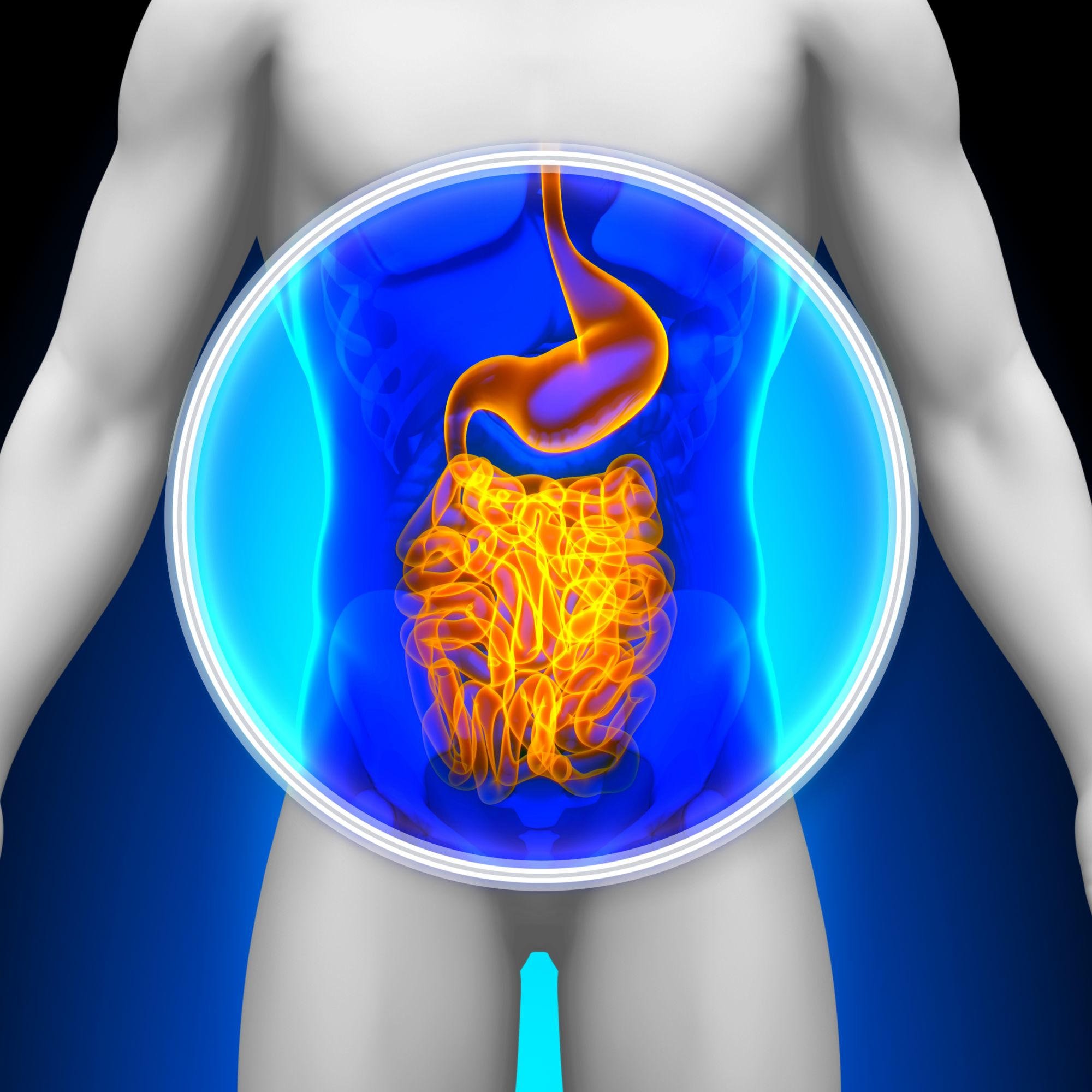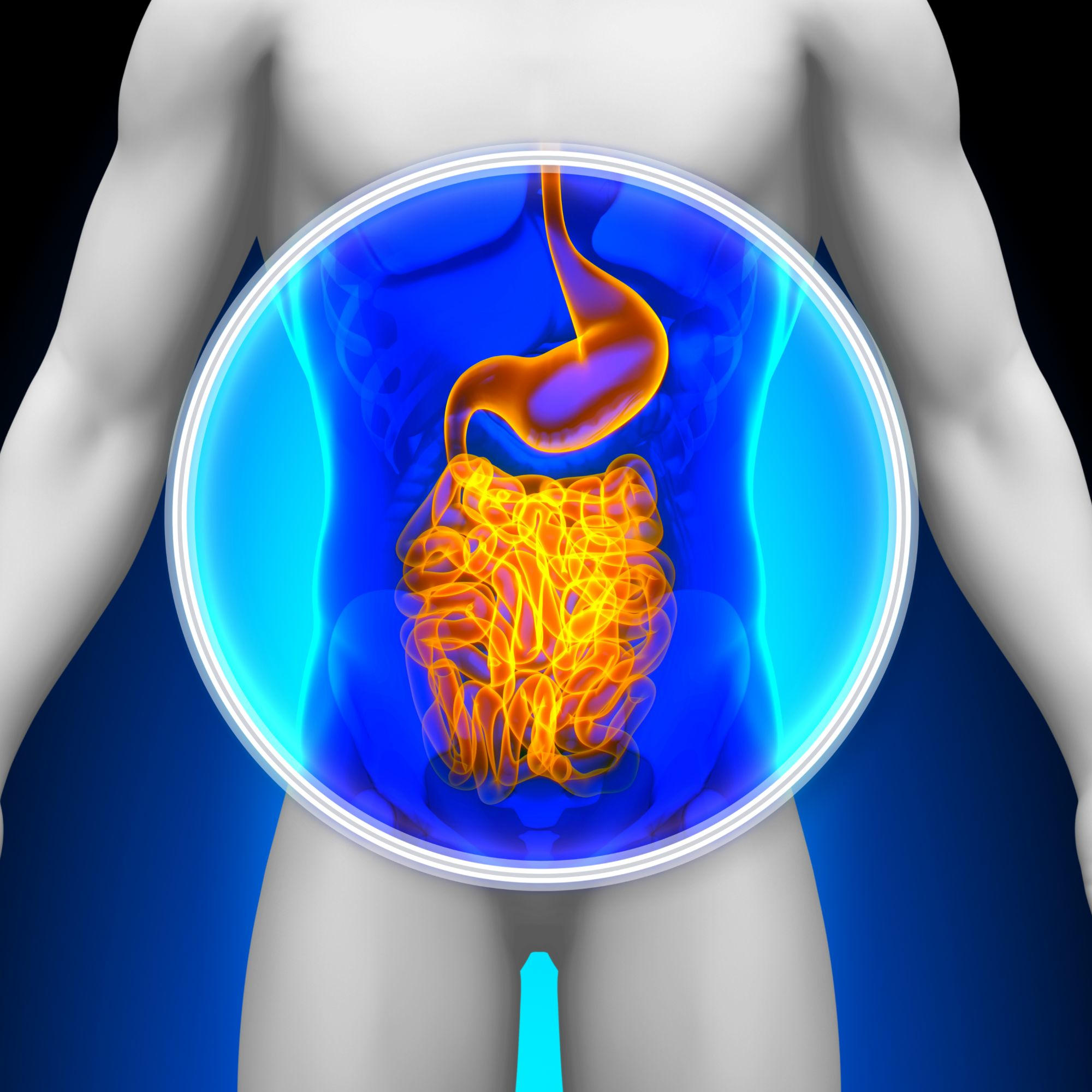

商用洗碗机中的漂洗助剂通常含有乙醇。 这种物质会破坏肠上皮细胞,从而导致慢性疾病的发展。
瑞士过敏和哮喘研究所研究细胞器的研究人员表示,在用专业洗碗机清洗后,餐具上的漂洗剂残留会破坏肠道的天然保护层,并导致慢性病的发展。
商用洗碗机是在餐厅、学校和营房等各种环境中快速清洁和烘干盘子、杯子和餐具的便捷方式。 然而,瑞士过敏和哮喘研究所 (SIAF) 的研究人员最近进行了一项研究,该研究所与 苏黎世大学 (UZH) 它揭示了这些设备存在风险。 研究发现,商业漂洗剂中的一种成分对消化系统有毒性作用。
清洁板上的化学残留物
商用洗碗机的典型循环包括在高压下循环热水和洗涤剂约 60 秒。 接下来是第二个 60 秒的洗涤和干燥循环,其中使用水和漂洗剂。 “特别令人担忧的是,在许多机器中,没有额外的洗涤周期来去除剩余的漂洗助剂,”领导这项研究的乌兹别克斯坦大学实验过敏和免疫学教授兼 SIAF 主任 Sesme Akdis 说。 “这意味着潜在的有毒物质会留在盘子上,然后在原地晾干。” 当您下次使用餐具时,这种干燥的化学残留物很容易进入您的消化道。
这激发了 Akdis 的研究团队研究商业洗涤剂成分和漂洗剂对肠道上皮屏障的影响——肠道上皮屏障是排列在肠道内并控制进入人体的物质的细胞层。 这种屏障的缺陷与食物过敏、胃炎、糖尿病、肥胖、肝硬化、类风湿性关节炎、多发性硬化症、自闭症谱系障碍、慢性抑郁症和[{” attribute=””>Alzheimer’s disease.
Similar protective layers are also present on the skin and in the lungs. As numerous studies have shown, many additives and chemicals that we encounter in everyday life can damage these layers. “We assume that defective epithelial barriers play a role in triggering the onset of two billion chronic illnesses,” says Akdis. This connection is explained by the epithelial barrier hypothesis, which Akdis has helped develop during his more than 20 years of research in this field.
Toxic substances in rinse agents
The researchers used a newly developed technology for their study – human intestinal organoids and intestinal cells on microchips. The tissue forms a three-dimensional clump of cells that is very similar to the intestinal epithelium in humans. The team used various biomolecular methods to analyze the effect that commercial detergents and rinse aids have on these cells. They diluted these substances to reflect the amounts that would be present on dry dishes (1:10,000 to 1:40,000).
The result was that high doses of rinse agents killed the intestinal epithelial cells and lower doses made it more permeable. Researchers also observed the activation of several genes and cell signaling proteins that could trigger inflammatory responses. A more detailed analysis showed that one component of the rinse agent – alcohol ethoxylates – was responsible for this reaction.
According to Akdis, these findings have significant implications for public health. “The effect that we found could mark the beginning of the destruction of the gut’s epithelial layer and trigger the onset of many chronic diseases,” he says. Akdis calls for an immediate response: “It is important to inform the public about this risk since alcohol ethoxylates seem to be commonly used in commercial dishwashers.”
Reference: “Gut epithelial barrier damage caused by dishwasher detergents and rinse aids” by Ismail Ogulur, Yagiz Pat, Tamer Aydin, Duygu Yazici, Beate Rückert, Yaqi Peng, Juno Kim, Urszula Radzikowska, Patrick Westermann, Milena Sokolowska, Raja Dhir, Mubeccel Akdis, Kari Nadeau and Cezmi A. Akdis, 1 December 2022, Journal of Allergy and Clinical Immunology.
DOI: 10.1016/j.jaci.2022.10.020

“创作者。屡获殊荣的问题解决者。音乐布道者。无法治愈的内向。”





More Stories
詹姆斯·韦伯太空望远镜检测到超大质量黑洞附近的冲击(图片)
研究表明,富含水果和蔬菜的饮食可以降低患心脏病和肾脏疾病的风险
中国的巨大陨石坑里有“天堂”森林,其中的植物适应了严酷的地下生活